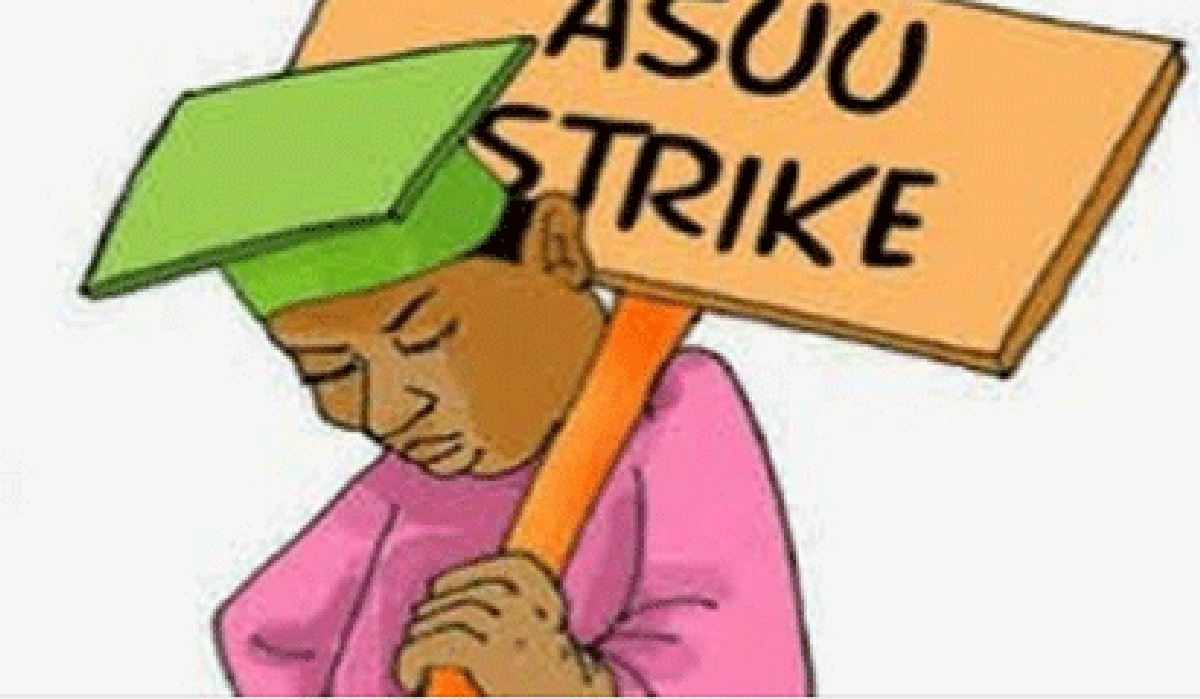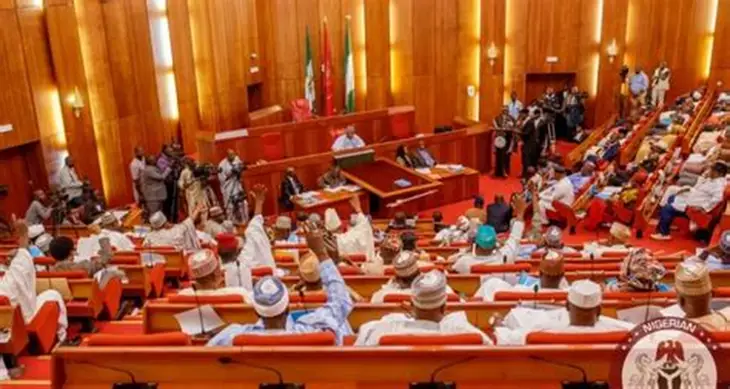Nigeria’s public university system is once again on the edge of a major ASUU strike — a crisis that has repeated itself for more than a decade because the same problems keep being ignored.
Since the 2009 FGN–ASUU agreement, lecturers’ salaries have been destroyed by inflation, while government after government either abandoned the agreement or implemented it half-heartedly. The impact has been obvious: low morale, mass exit of lecturers, falling productivity, and a strike history that continues to embarrass the nation.
Yet, despite the decay, past administrations — from Jonathan to Buhari — kept establishing new universities even though the original N1.3 trillion agreement has long lost its value.
From 2009 to 2022 alone, students lost over three academic sessions to strikes, with some lasting almost a year.
President Bola Tinubu promised during his campaign that ASUU would not strike under his watch. In good faith, lecturers gave his government time, even though their core demands — earned allowances, revitalisation funds, and salary reviews — remained unresolved. But that patience is running out.
On Tuesday, ASUU announced that an indefinite strike could begin on Friday, saying the government failed to address the issues within the one-month renegotiation window.
It’s a simple message: this government is repeating the pattern of neglect.
The situation for lecturers is already terrible. Nigerian professors are among the lowest-paid in the world. While their South African colleagues earn over N7 million monthly, Nigerian professors struggle with N500,000–N700,000, an amount that often can’t cover basic living costs.
Meanwhile, the government showcases the Education Loan Fund as proof of progress — but what good is a student loan when universities are closed?
As existing universities crumble from lack of funding — broken seats, empty labs, and outdated libraries — new universities are announced with pride. If the old ones are starving, why add new ones to the burden?
Nigeria spends less than 7% of its federal budget on education, compared to South Africa’s 19% or the 18–20% that Ghana invests. The First Republic under Awolowo once devoted over 40% to education — proof that commitment is possible when leaders prioritise it.
The consequences of neglect are everywhere. Nigeria ranks near the bottom of global education indexes. Over 20 million children are out of school — the second-highest number in the world. Every strike makes things worse: some students fall into exploitation or crime, others never return.
Universities that once attracted West African students now struggle to retain their own lecturers, many of whom are leaving for better opportunities abroad. Some resort to driving taxis or running side businesses just to survive.
Read Also;
ASUU Warns of Fresh Nationwide Crisis as Government Fails to Address Key University Issues
The truth is simple: when the government has the political will, it finds money. Funds appear easily for hajj subsidies, luxury vehicles, aircraft, and constituency projects. Why can’t this urgency be extended to education?
Revitalising universities and improving lecturers’ welfare is not a favour — it is an investment in Nigeria’s future.
The Federal Government must honour the 2009 agreement, release the earned allowances, and act on the promises made to Nigerian students and parents. If another strike begins, history will remember that funds were available for comfort and prestige — but not for the classrooms that build the nation.
Mr President, this strike can still be prevented.




